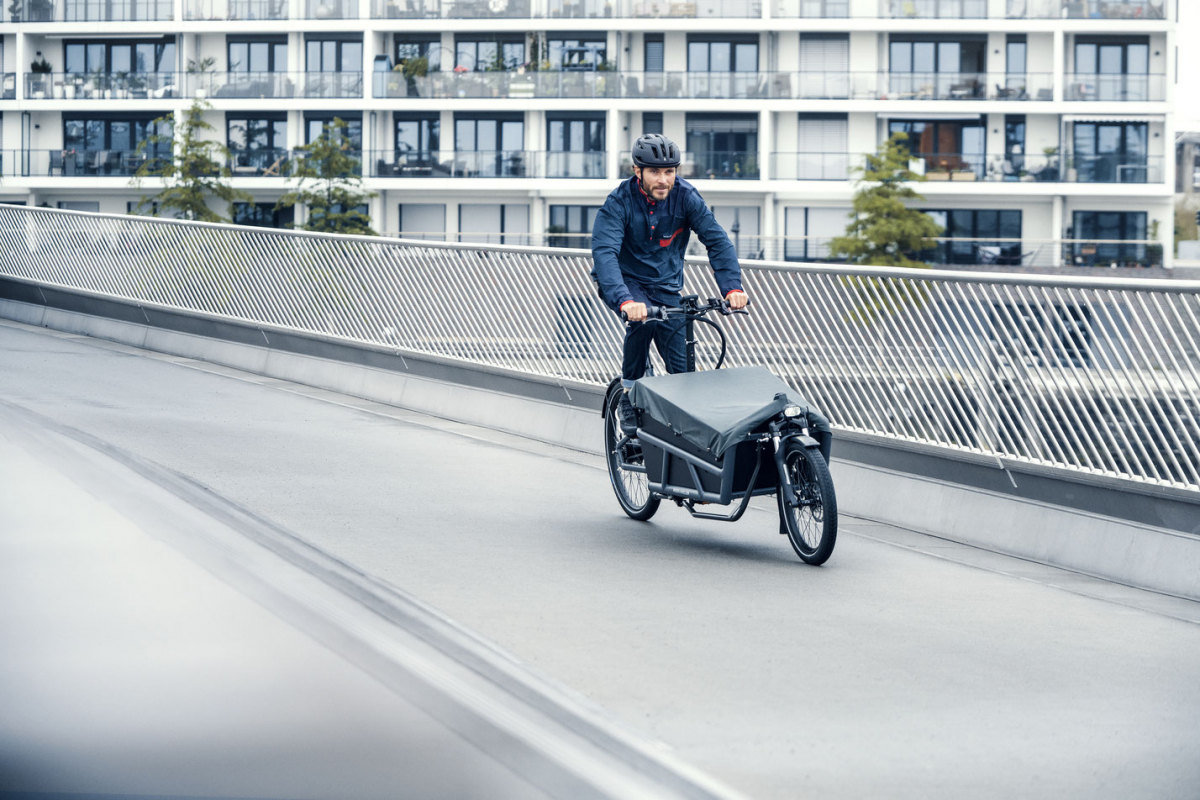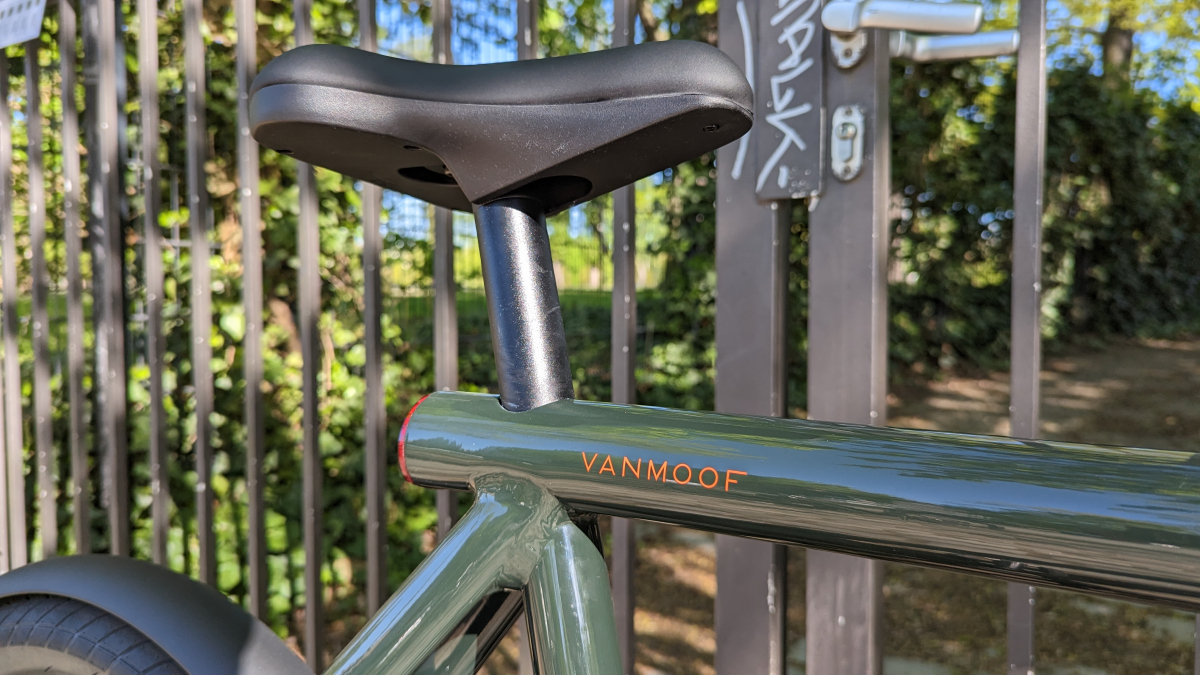Promoting cargo bikes is right and important
Cargo bikes are certainly not the solution for everything and everyone. But electric cargo bikes in particular are playing an important role in the turnaround in traffic.
According to the Zweirad-Industrie-Verband (ZIV), over 100,000 cargo bikes were sold in Germany last year alone. E-cargo bikes in particular are experiencing a real boom: within five years, sales have increased almost eightfold from 10,700 (2015) to 78,000 (2020).
Cargo bikes are by no means a new invention. In the 19th century, long before the automobile existed, cargo bikes were used in trade and transport, but also in the post office and in the medical sector. In the period that followed, cargo bikes never completely disappeared from the scene, but were increasingly being replaced by cars in the private sector and by vans in the commercial sector.
Cargo bikes have been experiencing a renaissance for a few years now. There are two main reasons for this: on the one hand, the increased environmental awareness of people who have recognized that new forms of mobility are needed, especially in large cities. On the other hand, the electrification of cargo bikes, which brings a significant gain in comfort.
Contents
Cargo bikes are not the solution for everyone
When it became known that the Greens wanted to promote the (private) purchase of a cargo bike with a total of one billion euros in the next legislative period – analogous to the purchase of an electric car – the emotions boiled immediately – and many wondered where the “hatred” for the cargo bikes is coming.
To understand that, you just have to look at how proponents of cargo bikes have been leading the discussion for years. The cargo bike is touted as the perfect solution for everything and everyone. Contradiction will not be tolerated. “Anyone who still drives a car today has no idea” is the motto: The family with two children can easily go on vacation with two cargo bikes and the train. The craftsman in the country can bring the 30 photovoltaic modules to the construction site on the cargo bike – he just has to drive five times, but at least he is in the fresh air. And who needs a truck to move when they have a cargo bike?
It is this culture of discussion, which completely ignores the reality of the people, that triggers an anti-attitude in many. If someone is open to the traffic turnaround and sees cargo bikes as a good solution for the city, but then gets thrown at the head in a discussion that he is a backward climate offender because he is still traveling by car in his village in the Bavarian Forest, then this inevitably leads to a reaction of defiance for most of them.
The same phenomenon can also be observed in electromobility: If someone buys a diesel for his caravan and is then approached directly by e-mobilists, the probability is high that he will “fight” against electric cars from now on.
A little more willingness to compromise and understanding of each other’s situation would do us all good.
If electric cars are promoted, why not bicycles too?
According to study Parcels in large cities can be delivered 60 percent faster with an electric cargo bike than with a van – and all that with zero emissions. The same applies to delivery services, certain manual trades and of course private households. Those who live in the center of Berlin and want to do their weekly shopping at Rewe are usually faster with the cargo bike than with the car. Even in rural areas there are certain scenarios in which a cargo bike can at least replace a second vehicle – provided there are appropriate incentives.
It is hardly surprising that only a few people buy an e-cargo bike for 7,000 euros when they can ride an ID 3 for 180 euros a month thanks to the environmental bonus. For this reason, the Greens’ proposal to subsidize the purchase of a cargo bike with 1,000 euros is absolutely correct and important. Because if electric cars are subsidized, why not bicycles too? In the end, both are important components of the traffic transition and complement each other.
However, mutual acceptance is even more important than subsidizing new mobility concepts. When the cargo cyclist from Berlin-Mitte explains to the family in the Black Forest that they can do their shopping in the supermarket 20 kilometers away with the cargo bike without any problems even in winter, that is just as unhelpful as the diesel driver with “F *** you Greta!” -Sticker on the trunk that insults electromobility as a left-green-slobbered ideology.
Because we can only shape the traffic turnaround by working together – and not against each other.



